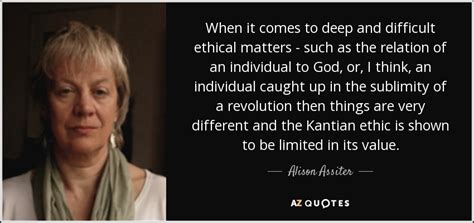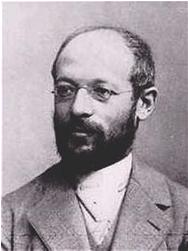A Quote by Terry Eagleton
We face a conflict between civilisation and culture, which used to be on the same side. Civilisation means rational reflection, material wellbeing, individual autonomy and ironic self-doubt; culture means a form of life that is customary, collective, passionate, spontaneous, unreflective and arational.
Related Quotes
We face a conflict between civilisation and culture, which used to be on the same side. Civilisation means rational reflection, material wellbeing, individual autonomy and ironic self-doubt; culture means a form of life that is customary, collective, passionate, spontaneous, unreflective and irrational.
Our use of the phrase 'The Dark Ages' to cover the period from 600 to 1000 marks our undue concentration on Western Europe. [...] From India to Spain, the brilliant civilisation of Islam flourished. What was lost to Christendom at this time was not lost to civilisation, but quite the contrary. [...] To us it seems that West-European civilisation is civilisation, but this is a narrow view.
It's humbling to realise that the developmental gulf between a miniscule ant colony and our modern human civilisation is only a tiny fraction of the distance between a Type 0 and a Type III civilisation - a factor of 100 billion billion, in fact. Yet we have such a highly regarded view of ourselves, we believe a Type III civilisation would find us irresistible and would rush to make contact with us. The truth is, however, they may be as interested in communicating with humans as we are keen to communicate with ants.



































